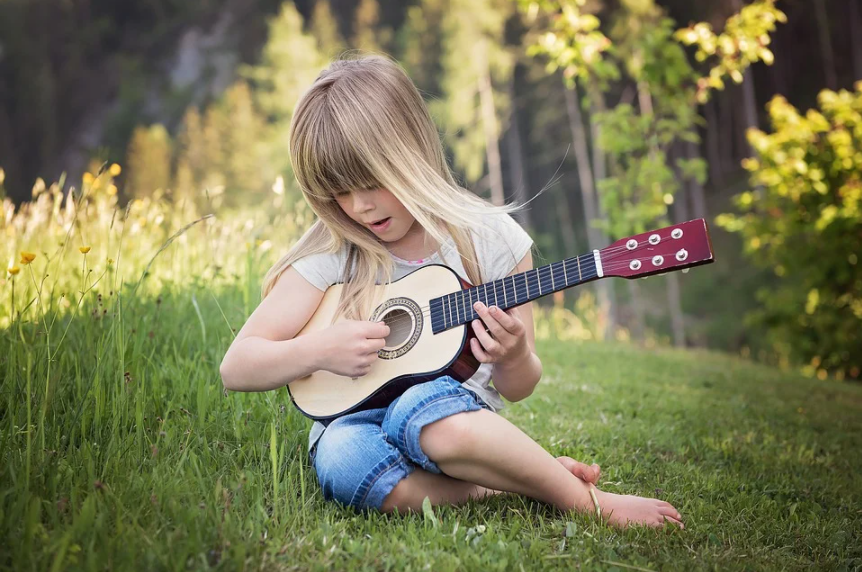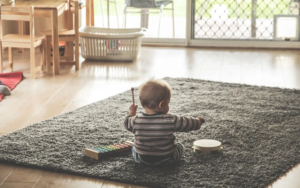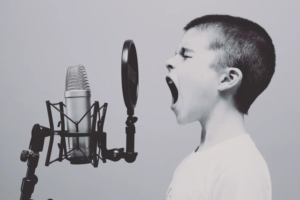
Music is a powerful study material: it has been used for healing, communication, relaxation, and pleasure since Greek times. Before we are born, we hear our mother’s heartbeat, and in childhood, the singing of a lullaby relaxes us. We hear some kind of musical rhythm or tone every day, and it can also be present, just as birds communicate with a language similar to a song. According to trandingstory.com, music is such a great force that it triggers deep feelings in people; it is played at weddings for entertainment, in horror and war movies for stress, and at our houses for pleasure. This makes it suitable for relaxation, stress relief, and health therapy. The connection between music, body, and soul has been shown to promote physical and mental well-being.
Broader Cultural Perspectives
 If we don’t encourage students to master these skills now through quality arts education, how can we expect them to succeed in their highly competitive professions tomorrow? Music is part of society and communities: all cultures use music to convey their ideas and ideals. Participation in the arts gives children an inside view of different cultures and teaches them to develop empathy for these civilizations. This development of compassion and empathy, instead of creating greed along with a selfish mindset, builds bridges between different cultures by creating an appreciation of the different races of ancient times.
If we don’t encourage students to master these skills now through quality arts education, how can we expect them to succeed in their highly competitive professions tomorrow? Music is part of society and communities: all cultures use music to convey their ideas and ideals. Participation in the arts gives children an inside view of different cultures and teaches them to develop empathy for these civilizations. This development of compassion and empathy, instead of creating greed along with a selfish mindset, builds bridges between different cultures by creating an appreciation of the different races of ancient times.
The subject of music helps pupils learn to function effectively in the school environment without resorting to inappropriate or violent behavior. According to information gathered by the National Data Resource Center, pupils who could be considered as “disruptive” typically make up 12.14% of the total school population. In comparison, only 8.08% of students enrolled in music courses meet the same criteria of “tumultuous”. Memory might be improved by linking recognizable melodies to things, as well as the linking of images: memories and emotions of the past can be triggered by sounds.
Insightful Views on Life
 Why education? The purpose of education is not just to educate, but to enhance and educate, to provide insight into life as it has been lived and as it could be lived. No part of this application is better suited to this task than cultural education.” Casals says the tunes fill him with the wonder of the “incredible miracle” of becoming an individual. Ives says it develops his ideas and stimulates him to become a true person. Bernstein says it is progressive and ennobling. I find this a wonderful reason to make music a vital part of every child’s education. Exploring the arts furthers children’s study, broadens learners’ horizons, and guides them to recognize the phenomenon of existence.”
Why education? The purpose of education is not just to educate, but to enhance and educate, to provide insight into life as it has been lived and as it could be lived. No part of this application is better suited to this task than cultural education.” Casals says the tunes fill him with the wonder of the “incredible miracle” of becoming an individual. Ives says it develops his ideas and stimulates him to become a true person. Bernstein says it is progressive and ennobling. I find this a wonderful reason to make music a vital part of every child’s education. Exploring the arts furthers children’s study, broadens learners’ horizons, and guides them to recognize the phenomenon of existence.”
Conclusion
Music is a powerful tool and, as recognized, can drastically improve and empower anyone. It makes sense to promote music education and allow the younger generation to gain these great benefits: improved intelligence through better innovative thinking, problem-solving, and a physically stronger brain. It can also improve understanding of lifestyle as better attitudes, a strong desire to achieve and perform, and increased self-esteem, as well as improved discipline; improved study, concentration, communication, and teamwork skills that transition from education to livelihood; and increased understanding of communities and society.
